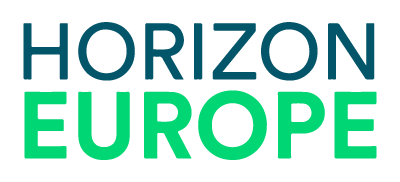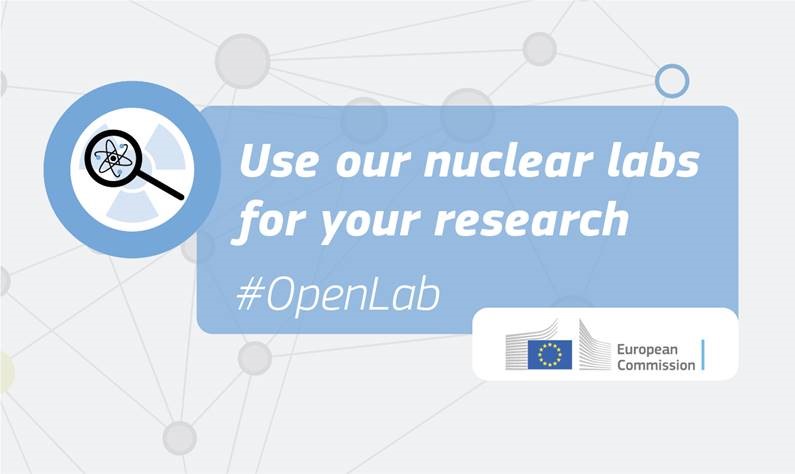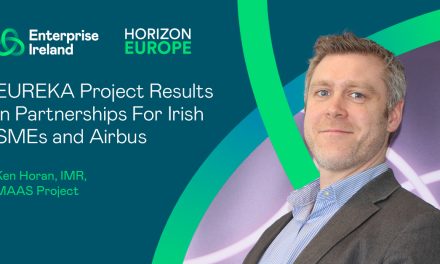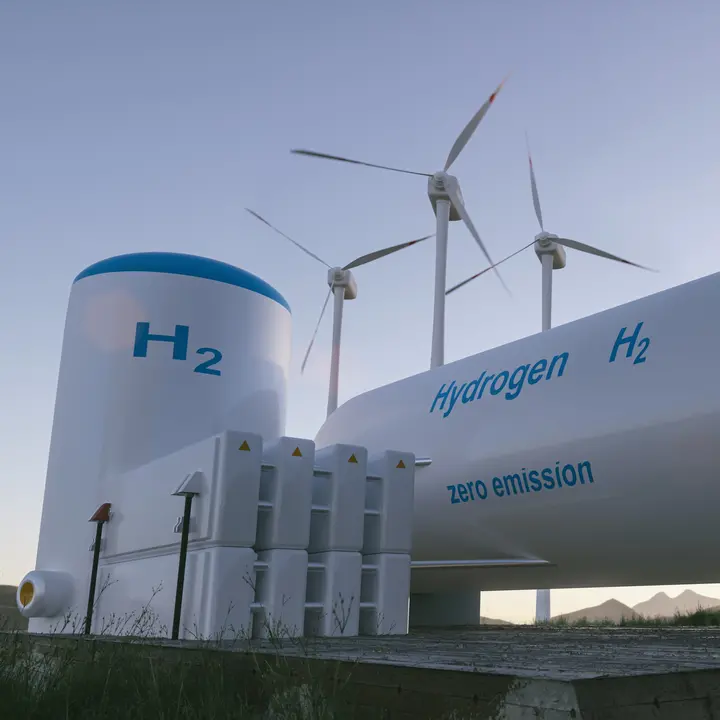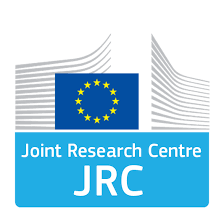Applications to access to the European facilities for nuclear reaction and decay data measurements in Geel and to the Laboratory for environmental & mechanical materials assessment in Petten can be submitted for EUFRAT until 31 August 2022, 23:45 (CEST) and for EMMA until 15 September 2022, 23:45 (CEST).
Please click into each to access:
EUFRAT GELINA / EUFRAT RADMET / EUFRAT MONNET / EUFRAT HADES / EMMA AMALIA
Eligibility criteria
- The Lead User Institution and User Institutions (see definitions in the Framework ) must be established in an EU Member State or country associated to the Euratom research programme*.
- The Lead User Institution must be from a university, research or public institution, or from a Small-Medium-Enterprise (SME).
- Ethical considerations in accordance with EU Law, in particular 18 of Regulation (EU) 2021/695, and applicable laws and regulations in the EU Member States.
*At the time of publishing this call, the only country associated to the Euratom research programme is Ukraine
Support of users for travel and subsistence
The JRC may provide a financial or in-kind contribution to support Users to cover their costs of travel and subsistence (T&S) related to the User Stay Days, subject to the availability of funds, personnel and other resources to Users from User Institutions located in an EU Member State or country associated to the Euratom research programme (only Ukraine).
Priority topics of GELINA
- Neutron cross-section measurements for energy and non-energy nuclear applications
- Measurements of nuclear data standards
- Integral experiments for the validation of nuclear data libraries and testing of nuclear transport codes
- Investigations for a better understanding of the nuclear fission process.
- Development of advanced detection methods and scientific concepts in nuclear technologies
- Basic physics: nuclear reaction theory, nuclear astrophysics
- Cross-section measurements and feasibility studies for medical radionuclide production
Priority topics of RADMET
- Primary standardisation of radioactivity (the most accurate type of measurements) independent of any other radioactivity standard.
- Radiological characterisation of materials and samples (determination of radionuclides and their activity)
- Decay data measurements that are essential for calibrations in routine laboratories, applications in nuclear medicine and many other scientific uses of radionuclides.
- Testing of radiological instruments and methods
- Measurements in support of important policy domains like radioactive waste management, decommissioning of nuclear facilities, metal scrap industry, NORM industry and early warning monitoring networks.
- Development and testing of procedures and instruments for nuclear security and detecting illicit trafficking of nuclear materials.
Priority topics of MONNET
- Neutron cross-section measurements for safety assessments of present-day and innovative nuclear energy systems.
- Measurements of nuclear data standards.
- Investigations for a better understanding of the nuclear fission process.
- Materials research and radiation-induced damage studies.
- Advanced methods in nuclear technologies, safety and security.
- Exploratory research for the development of new scientific concepts or testing of new equipment.
- Basic physics.
Priority topics of HADES Ultra low-level gamma-ray spectrometry for:
- Characterisation of reference materials for their radioactive content: e.g. materials used for environmental monitoring, food control, radioactive waste management, earth sciences, archaeology, biology, dating, electronics, radioecology…
- Tracing processes in nature like ocean currents (input to climate change modelling) and uptake in the food chain.
- Tracing anthropogenic activities from nuclear activities.
- Radioecological studies
- Support to European NORM industry.
- Quality control (checking blanks and low-level samples).
- Basic physics experiments in astrophysics and neutrino physics (e.g. search for neutrinoless double beta decay and other rare processes).
- Material selection and detector testing for underground experiments.
- Study and measurements of rare nuclear decays
- Testing of detectors and methods for low-level applications
- Materials selection for radio pure detectors
- Storage and testing of radio pure components
- Characterization of HPGe-detectors for dead layer homogeneity
Priority topics of AMALIA
- Safety and reliability of nuclear components for current and future nuclear systems
- Support to the development and adaptation of European Codes and Standards
- Development of advanced test methods for material characterization
- Characterisation of mechanical properties of candidate and new corrosion-resistant high-temperature materials, incl. surface modifications and welded joints
- Prediction of design life of new materials, remaining life of service-exposed materials including welded joints subjected to operational conditions by mechanical tests, modelling and microstructural analysis.
- Characterization of tensile and creep properties using standard and sub-size specimen and small punch tests
- Characterization of ageing effects for key material properties.
EUFRAT laboratories
Publication date 01 July 2022 in Geel, Belgium
Opening date 01 July 2022
Deadline date 31 August 2022, 23:45 (CEST)
Communication of the assessment of proposals: 2022-11-15
EMMA AMALIA laboratory
Publication date 01 July 2022 in Petten, the Netherlands
Opening date 01 July 2022
Deadline date 15 September 2022, 23:45 (CEST)
Communication of the assessment of proposals: 2022-11-15
